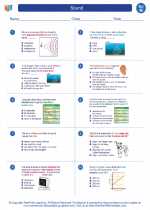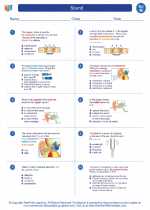Internal Medicine
Internal medicine is the medical specialty dealing with the prevention, diagnosis, and treatment of adult diseases. Physicians who specialize in internal medicine are called internists or internal medicine physicians. They are specially trained to diagnose and treat a wide range of adult illnesses and conditions.
Study Guide for Internal Medicine
Introduction to Internal Medicine
- Definition and scope of internal medicine
- Role of internists in healthcare
- Differences between internal medicine and other medical specialties
Common Adult Diseases and Conditions
- Cardiovascular diseases (hypertension, coronary artery disease, heart failure)
- Respiratory diseases (asthma, chronic obstructive pulmonary disease)
- Gastrointestinal diseases (irritable bowel syndrome, gastroesophageal reflux disease)
- Endocrine diseases (diabetes mellitus, thyroid disorders)
- Renal diseases (chronic kidney disease, urinary tract infections)
- Neurological diseases (stroke, Parkinson's disease, dementia)
- Infectious diseases (pneumonia, urinary tract infections)
- Rheumatologic diseases (rheumatoid arthritis, osteoarthritis)
Diagnostic and Treatment Modalities
- Diagnostic tests commonly used in internal medicine (blood tests, imaging studies, electrocardiography)
- Pharmacological treatments for common adult diseases
- Non-pharmacological interventions (lifestyle modifications, physical therapy)
- Preventive medicine and health promotion
Patient Care and Communication
- Effective communication with patients and their families
- Patient education and shared decision-making
- Ethical considerations in internal medicine practice
- Team-based care and collaboration with other healthcare professionals
By studying these topics, you will gain a comprehensive understanding of internal medicine and its role in adult patient care.








